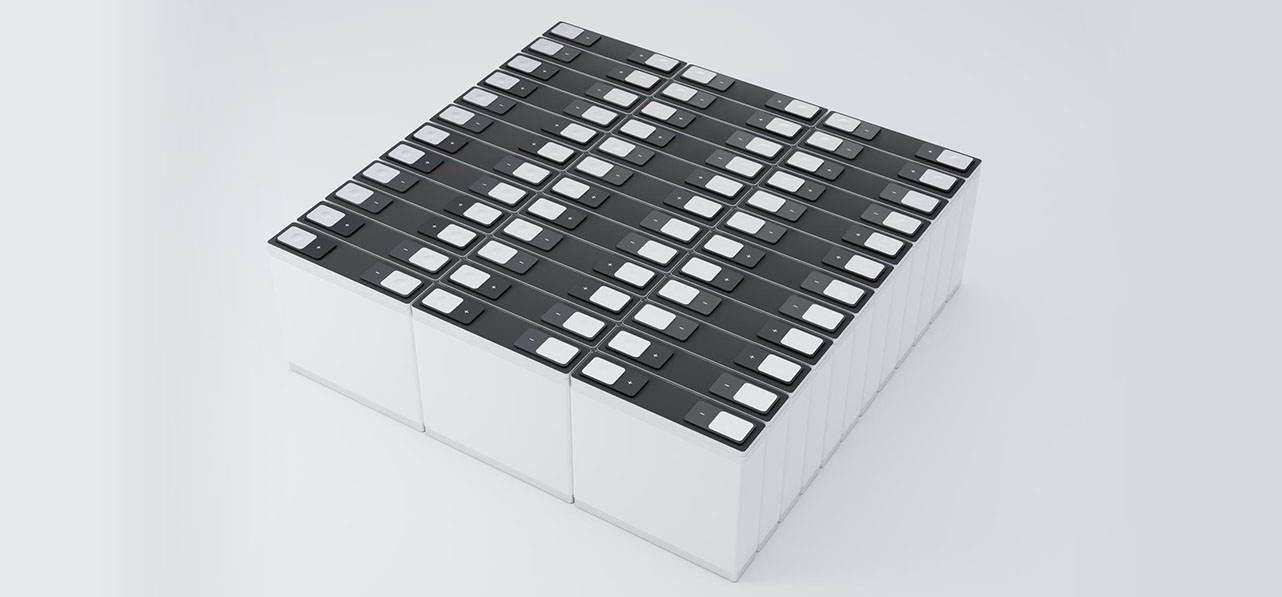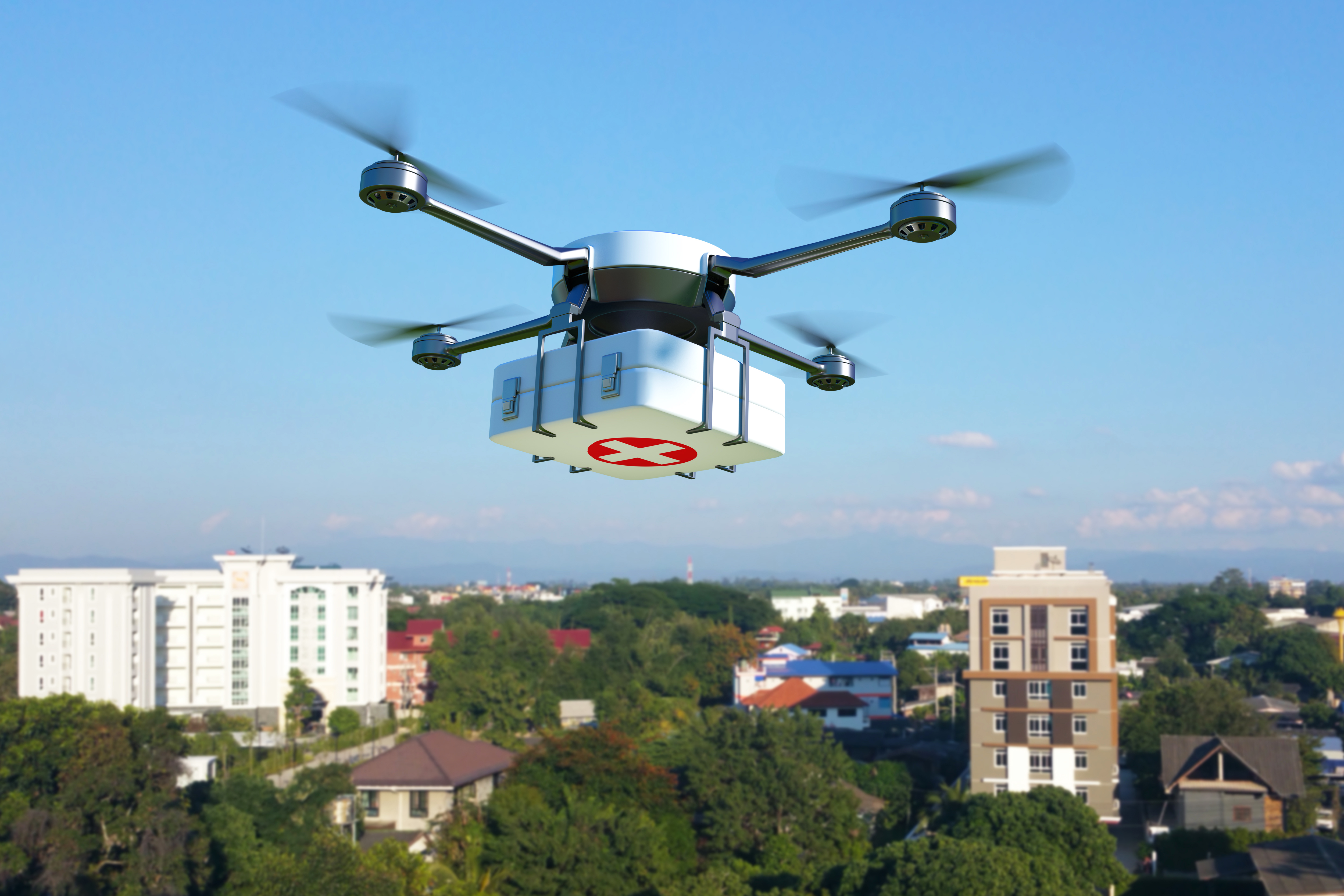Featured Articles
2022-05-20
The performance of lithium battery will decline under low temperature conditions
 The energy utilization efficiency of lithium electric vehicle is high and therefore the heat dissipated by the battery of is finite.
The energy utilization efficiency of lithium electric vehicle is high and therefore the heat dissipated by the battery of is finite.Since low temperature will negatively affect lithium batteries, the heating system can be used to increase the temperature to compensate. This heating system is actually shared with the heater. The only difference between lithium electric vehicles and fuel vehicles is that the energy utilization efficiency is as high as about 80%, which is much higher than the latter's 20 to 30%. The latter will generate high heat when the internal combustion engine is running, which can be directly exchanged with the heat exchanger in the heating system and the coolant maintained at about 90 degrees C, so the power consumption is very small, almost negligible, and it will not affect the power at all. However, the heat dissipated by the battery of the lithium electric car is limited, and it must rely on the power of battery to generate heating. In the cold temperature, it is necessary not only to support the heating supply in the car, but also to increase the temperature of the battery, which will have doubled the impact on the loading of the battery’s power consumption. Hence, it kills much of the battery life, in turn.
At present, there are roughly two technologies that car manufacturers can use in heating systems. The most commonly used technology is the use of the most traditional technology, that is, the positive temperature coefficient thermistor, commonly known as PTC (Positive Temperature Coefficient), that is, using the thermal effect of resistance to produce heat, which is cheap, but consumes a lot of power. The second technology uses a more complex and expensive heat pump system, which is obtained by recovering the waste heat of power electronic modules and battery packs such as drive motors, on-board chargers and inverters, and even through heat exchange with the outdoors. Heat pump systems consume less electricity and have been gradually adopted. However, each car manufacturer has its own thermal management technology with different effects, but it has indeed become the focus of creating a differentiated advantage in endurance. However, in extremely low temperature, the heat pump system’s speed of obtaining heat will decrease, resulting in a decrease in heating efficiency, so PTC has to be enabled, which still causes high power consumption.
References
- R ECURRENT, How Temperature Affects EV Range, https://www.recurrentauto.com/research/how-temperature-affects-ev-range
- Hyundai News Release, 2021-12-22, Six-hour drive at an altitude of 2,220 metres on a single charge: Hyundai NEXO sets Endurance Record on icy circuit
- Idaho National Lab, News Release, 2018-07-31, EV CHARGING IN COLD TEMPERATURES COULD POSE CHALLENGES FOR DRIVERS
- FuelCellWorks, 2020-12-4, New Mirai Hydrogen Fuel Electronic Vehicle, Under the Skin
- Taiwan Research Highlight, 2021-11-17, Use Hydrogen Fuel Cells to Achieve the Energy Recycle and Promote the Realization of Our Net-Zero Emissions



